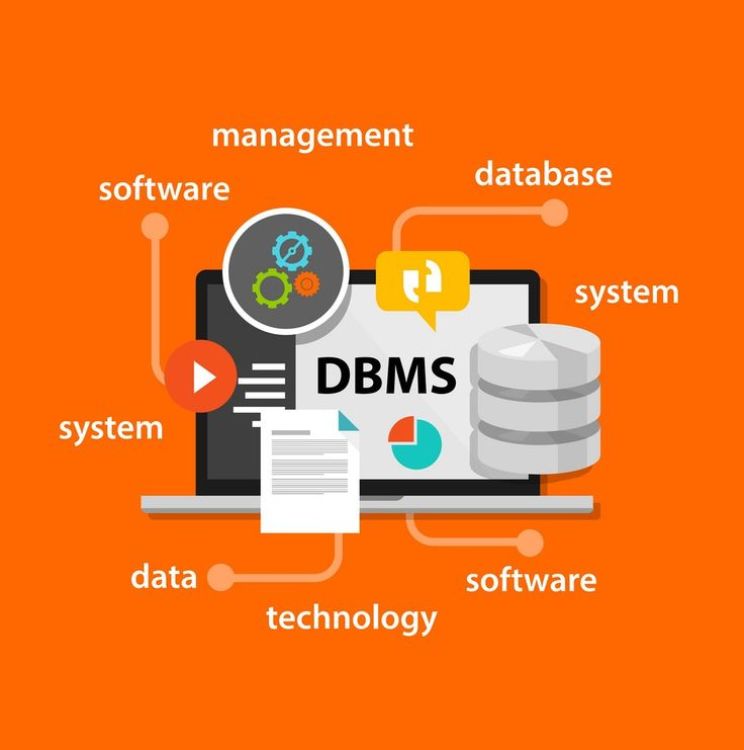
|
SR.NO. |
SUBJECTS TITLE |
SUBJECTS DETAILS |
|
1 |
Unit – I Introduction to Databases and Transactions
|
What is database system, purpose of database system, view of data, relational databases, database architecture, transaction management,
|
|
2 |
Unit- II Data Models
|
The importance of data models, Basic building blocks, Business rules, the evolution Of data models, Degrees of data abstraction.
|
|
3 |
Unit-III Database Design, ER-Diagram and Unified Modeling Language
|
Database design and ER Model: overview, ER-Model, Constraints, ER-Diagrams, ERD Issues, weak entity sets, Codd’s rules, Relational Schemas, Introduction to UML Relational database model: Logical view of data, keys, integrity rules. Relational Database design: features of good relational database design, atomic Domain and Normalization (1NF, 2NF, 3NF, BCNF).
|
|
4 |
Unit- IV Relational Algebra and Calculus
|
Relational algebra: introduction, Selection and projection, set operations, renaming, Joins, Division, syntax, semantics. Operators, grouping and ungrouping, relational Comparison. Calculus: Tuple relational calculus, Domain relational Calculus, calculus vs algebra, Computational capabilities.
|
|
5 |
Unit- V Constraints, Views and SQL
|
What constraints, types are of constrains, Integrity constraints, Views: Introduction to views, data independence, security, updates on views, Comparison between tables and views SQL: data definition, aggregate function, Null Values, nested sub queries, Joined Relations, Triggers.
|
|
6 |
Unit-VI Transaction management and Concurrency control
|
Transaction management: ACID properties, serializability and concurrency control, Lock based concurrency control (2PL, Deadlocks), Time stamping methods, Optimistic methods, database recovery management.
|
CERTIFICATE IN DATABASE MANAGEMENT SYSTEM (DBMS)
Duration: 3 Month
Course Overview:-
Databases form the backbone of all major applications today – tightly or loosely coupled, intranet or internet based, financial, social, administrative, and so on. Structured Database Management Systems (DBMS) based on relational and other models have long formed the basis for such databases. Consequently, Oracle, Microsoft SQL Server, Sybase etc. have emerged as leading commercial systems while MySQL, PostgreSQL etc. lead in open source and free domain.While DBMS’s differ in the details, they share a common set of models, design paradigms and a Structured Query Language (SQL). In this background the course examines data structures, file organizations, concepts and principles of DBMS’s, data analysis, database design, data modeling, database management, data & query optimization, and database implementation. More specifically, the course introduces relational data models; entity-relationship modeling, SQL, data normalization, and database design. Further it introduces query coding practices using MySQL (or any other open system) through various assignments. Design of simple multi-tier client / server architectures based and Web-based database applications is also introduced. Database Management Systems (DBMS) training will impart skills on database management systems or DBMS so that the companies meet their strategic and operational needs.
Benefits:-
· The multi-users operating the database make it difficult for anyone to access or alter the data without permission. The security features of the Database Management System make it easy to protect the data from unauthorized access.
· The backup and recovery of data is a critical function that is managed by the Database Management System. This ensures that the data is always safe and can be easily restored if it is lost or damaged.
· The Database Management System is flexible and can be adapted to meet the needs of the business. This flexibility ensures that the database can grow and change as the business evolves. The Database Management System is easy to use and does not require specialized training. This makes it easy for employees to access and use the data.
· The privacy of the data is protected by the security features of the Database Management System. This ensures that the data is not accessible to unauthorized individuals.
Eligibility Criteria:-
Candidates must have passed graduation or equivalent level (with all subject of study at 10+2 or graduation level) examination from a recognized board
Jobs Profile:-
· Database Designing
Course Syllabus:-